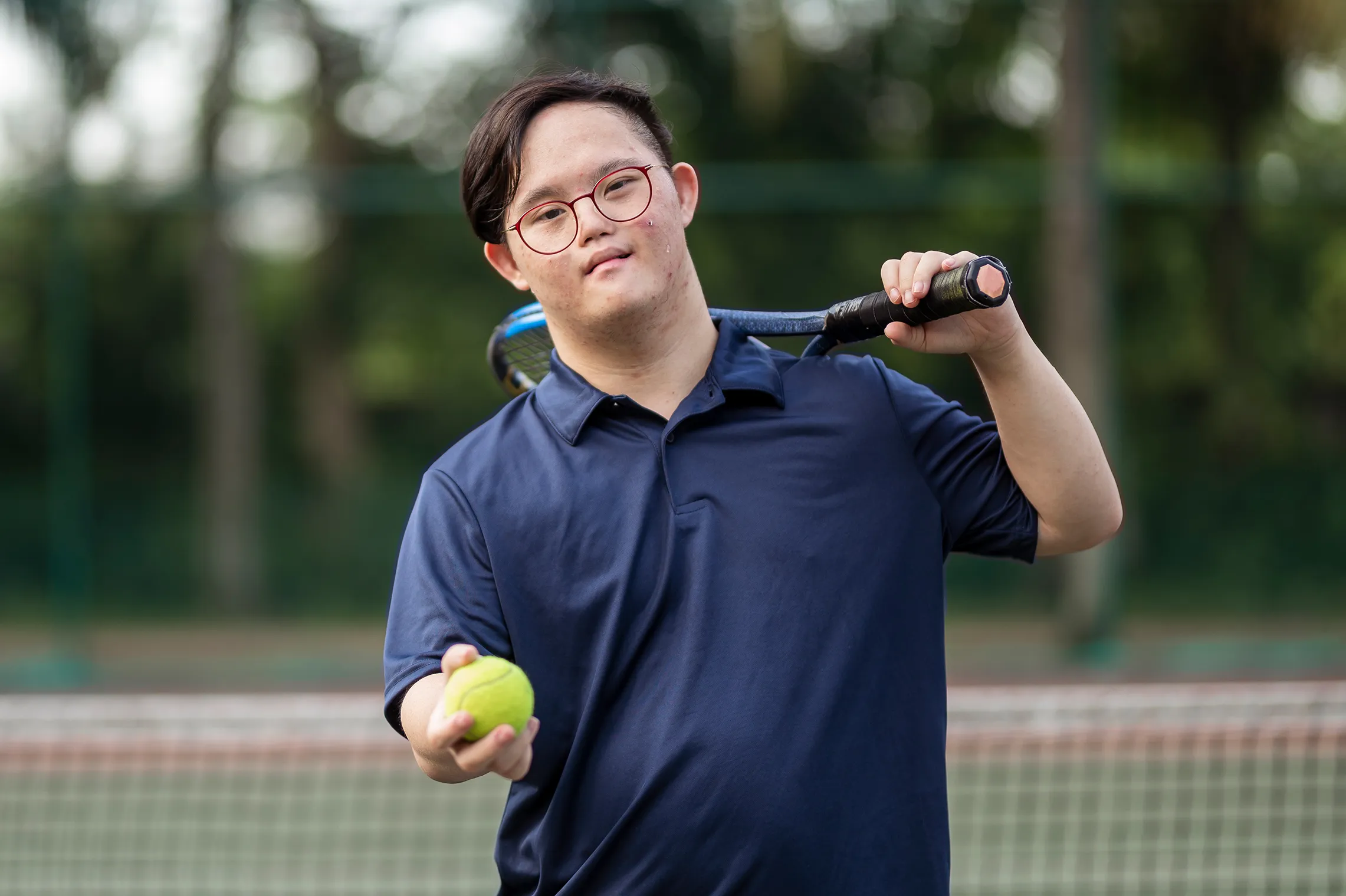
Celebrating Diversity: Cultivating Inclusivity in Developmental Disabilities Communities
In the vibrant tapestry of developmental disabilities communities, celebrating diversity is not just an ideal it’s a powerful catalyst for creating inclusive spaces where everyone feels valued, heard, and understood. This article explores the significance of cultivating inclusivity in developmental disabilities communities and how embracing diversity enriches the collective experience.
Recognizing the Spectrum of Abilities:
Developmental disabilities encompass a spectrum of abilities, strengths, and challenges. Cultivating inclusivity begins with recognizing and respecting this spectrum. Every individual, regardless of their abilities, brings unique qualities and contributions to the community. By acknowledging the diversity within the spectrum, communities lay the foundation for fostering an inclusive environment.
Promoting Accessible Spaces:
Inclusivity thrives in spaces designed with accessibility in mind. Developmental disabilities communities can take proactive steps to ensure physical and sensory accessibility. This includes creating wheelchair-accessible facilities, providing sensory-friendly spaces, and offering accommodations that cater to a range of needs. Accessible spaces empower individuals to fully participate in community activities and foster a sense of belonging.
Valuing Neurodiversity:
Neurodiversity is a cornerstone of developmental disabilities communities. Embracing neurodiversity means valuing and celebrating the diversity of neurological differences, including conditions such as autism, ADHD, and dyslexia. By recognizing the unique perspectives and strengths that neurodivergent individuals bring, communities move towards a more inclusive and understanding culture.
Cultural Competence and Sensitivity:
Cultural competence is essential in creating inclusive developmental disabilities communities. Sensitivity to cultural differences, traditions, and beliefs ensures that everyone feels respected and accepted. By fostering a culturally competent environment, communities celebrate the richness of diversity and create spaces where individuals from various backgrounds feel a sense of cultural belonging.
Empowering Voices:
Inclusivity involves actively empowering the voices of individuals with developmental disabilities. This means creating platforms for self-advocacy, providing opportunities for individuals to express their thoughts and preferences, and incorporating their input in decision-making processes. Empowering voices ensures that everyone has a role in shaping the community and contributes to a more democratic and inclusive culture.
Inclusive Education and Awareness:
Education plays a pivotal role in cultivating inclusivity. Developmental disabilities communities can promote awareness and understanding through inclusive educational initiatives. Workshops, seminars, and informational campaigns help dispel myths, reduce stigma, and enhance understanding about various developmental conditions. Inclusive education fosters empathy and promotes a culture of acceptance.
Celebrating Achievements:
Every achievement, no matter how small, is a cause for celebration in developmental disabilities communities. By actively acknowledging and celebrating the accomplishments of individuals, communities reinforce a positive and supportive culture. Celebrations become opportunities to showcase the diverse talents and capabilities within the community, fostering a collective sense of pride.
Supportive Networks and Peer Relationships:
Inclusive communities thrive on supportive networks and meaningful peer relationships. By facilitating connections and creating spaces for individuals to build friendships, communities strengthen the social fabric. Supportive networks provide a sense of belonging and ensure that individuals have allies who understand and appreciate their unique journeys.
Promoting Employment Diversity:
Inclusive employment practices contribute significantly to the diversity of developmental disabilities communities. By promoting employment diversity, communities provide opportunities for individuals to contribute their skills and talents in various professional capacities. This not only enhances the economic well-being of individuals but also reinforces the idea that everyone has valuable contributions to make.
Nurturing Inclusivity as a Collective Responsibility
Cultivating inclusivity in developmental disabilities communities is a collective responsibility that reaps profound rewards. By recognizing the spectrum of abilities, promoting accessible spaces, and valuing neurodiversity, communities become vibrant ecosystems where everyone can thrive. Nurturing inclusivity is not just an aspiration—it’s a commitment to celebrating diversity, creating supportive environments, and building communities where every individual is embraced for who they are.





